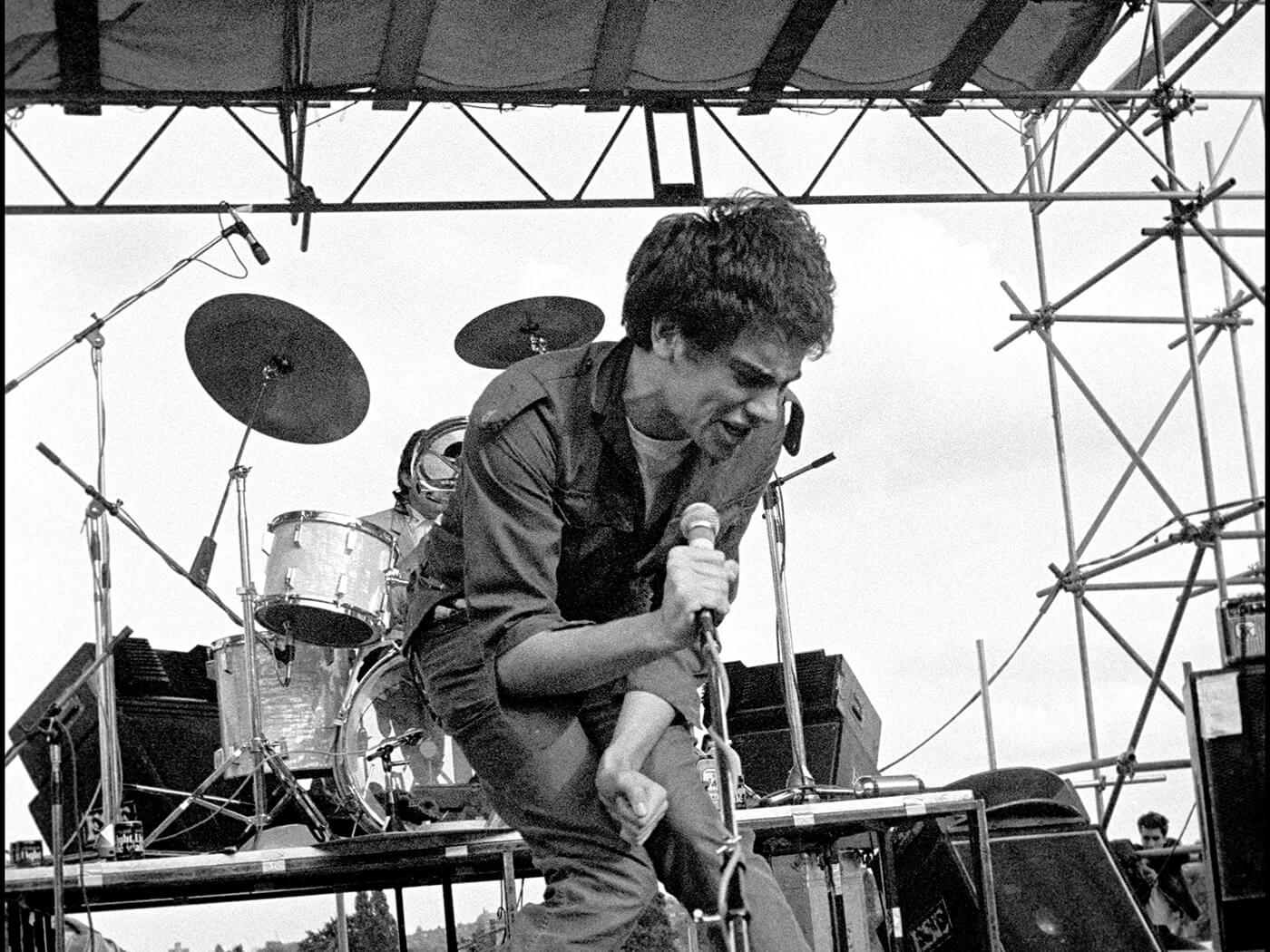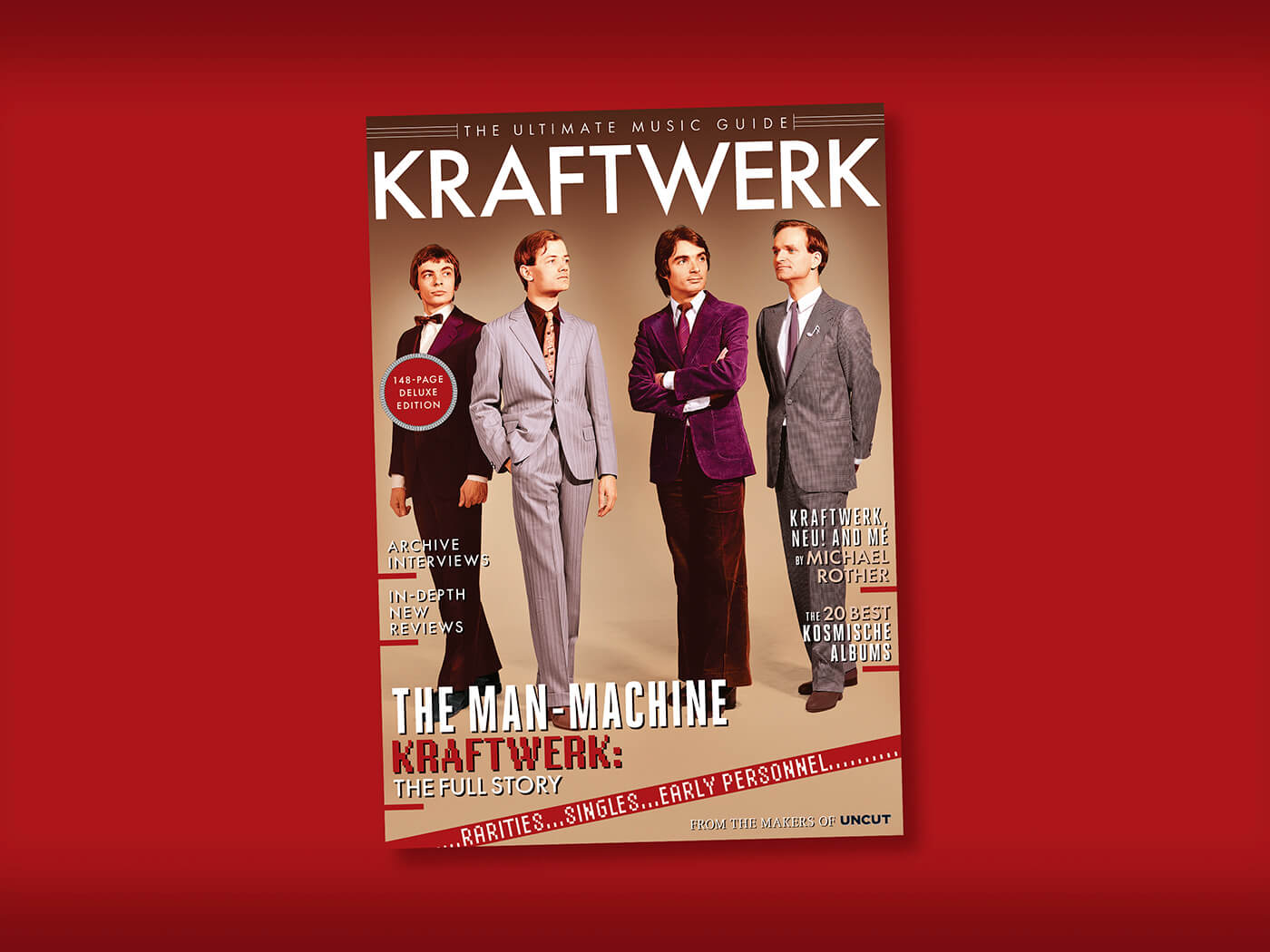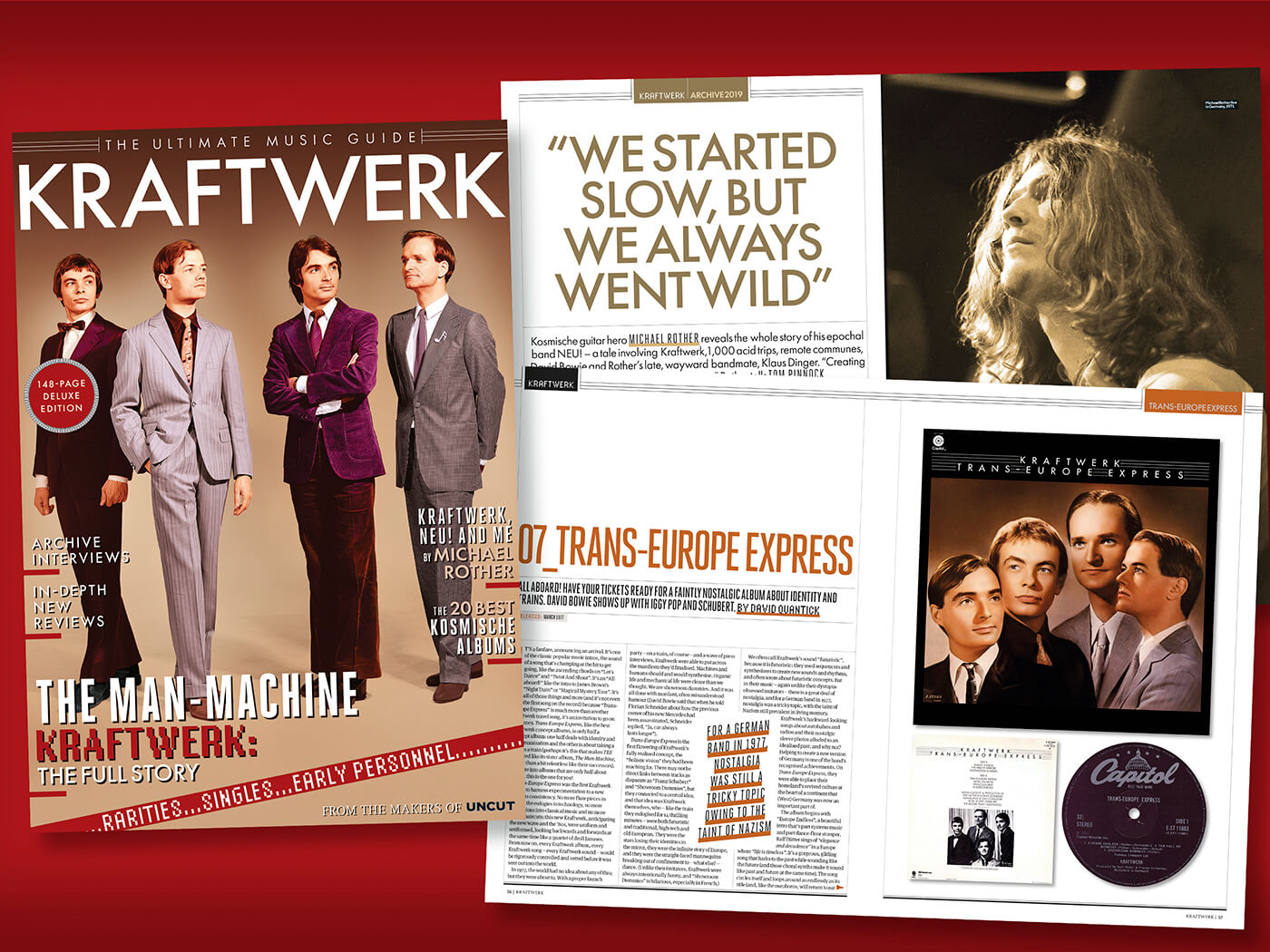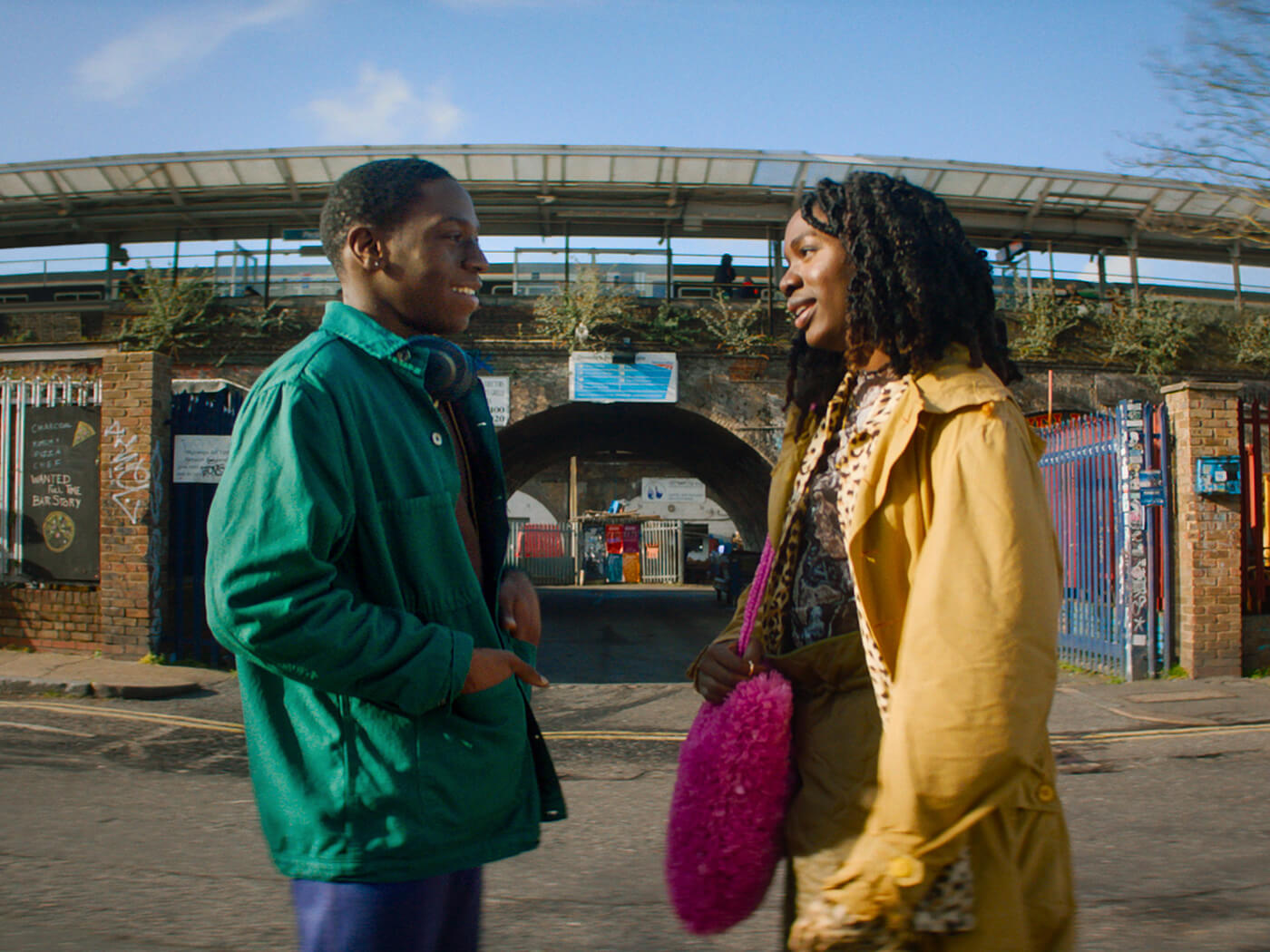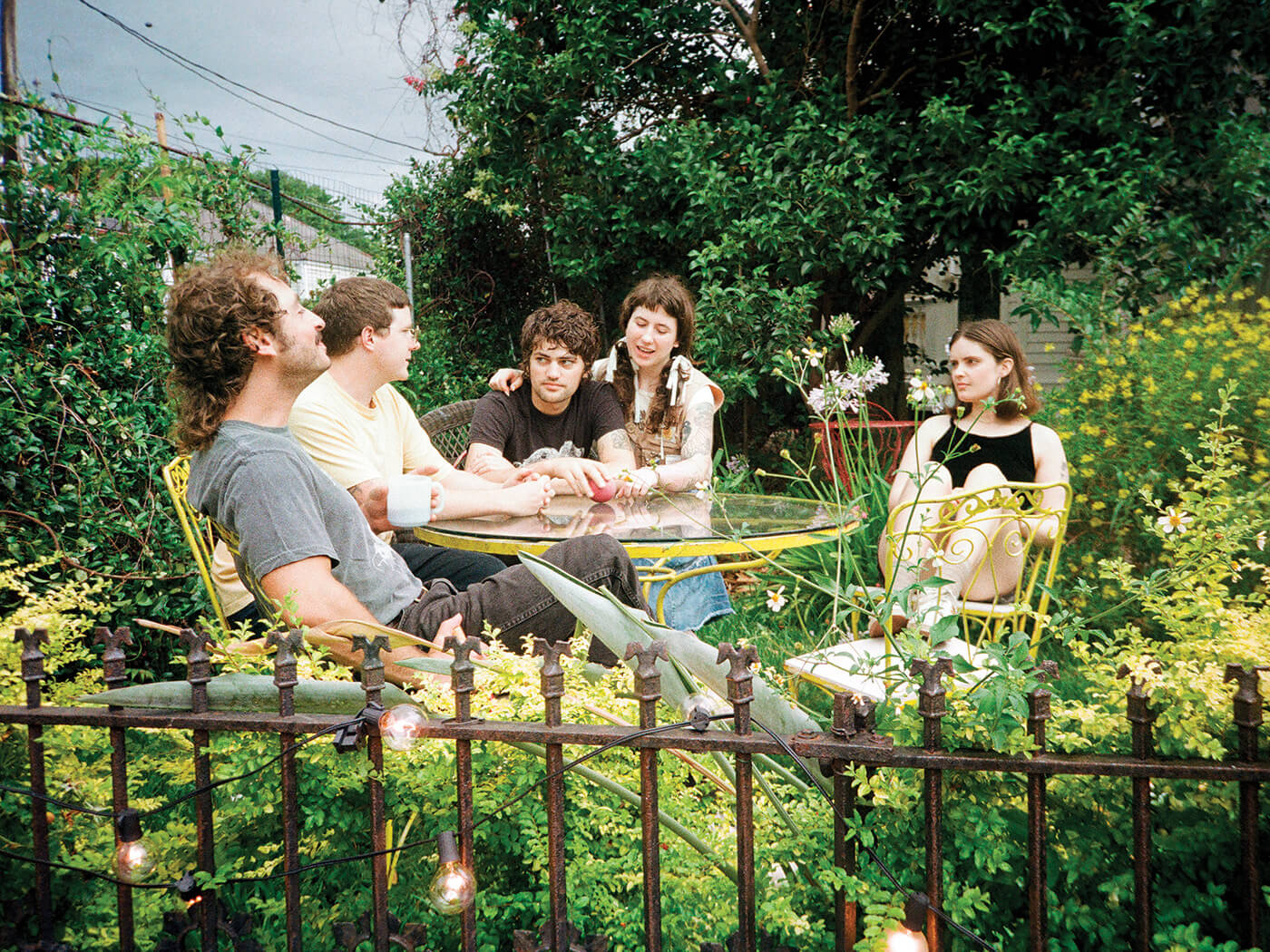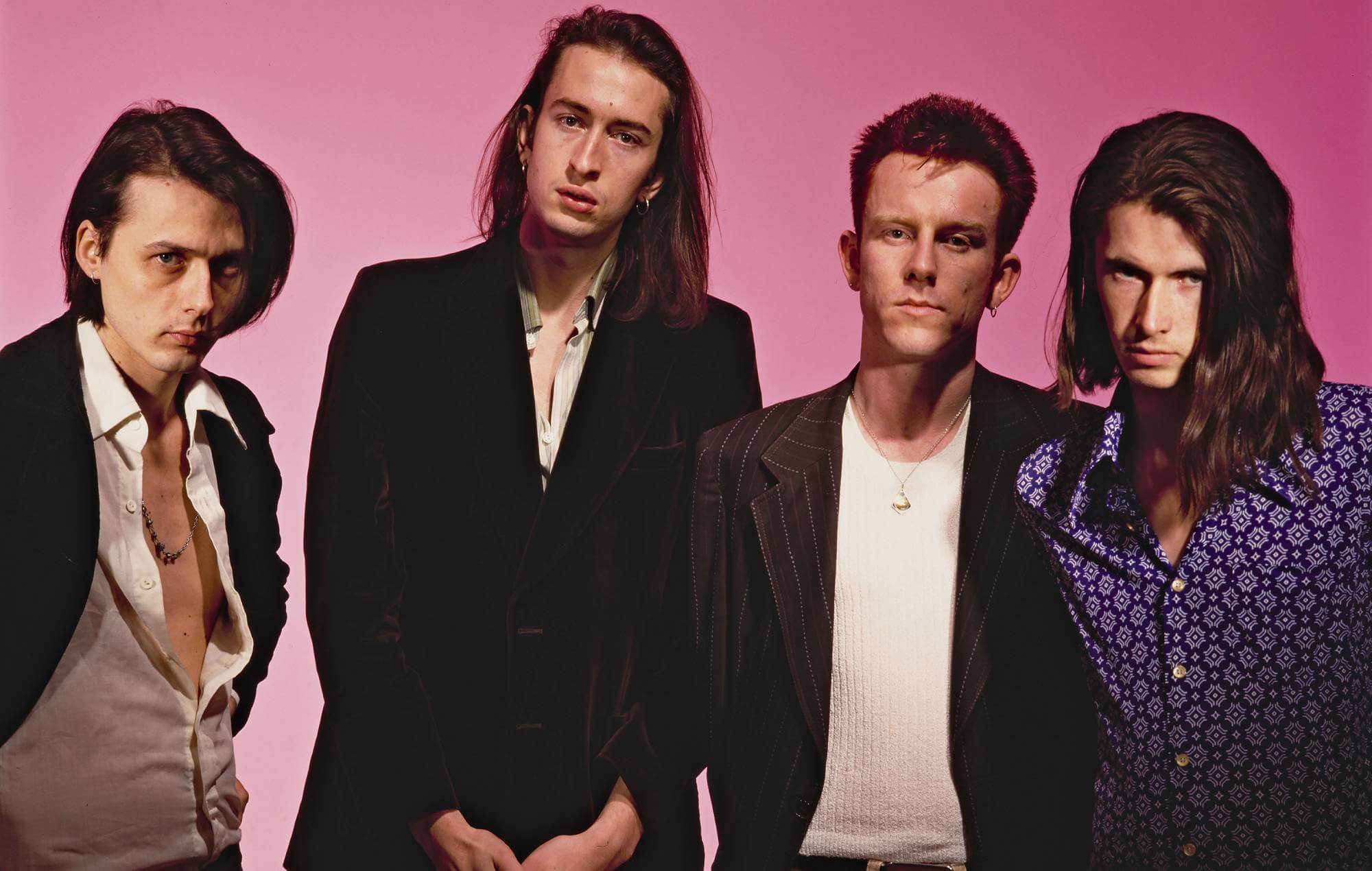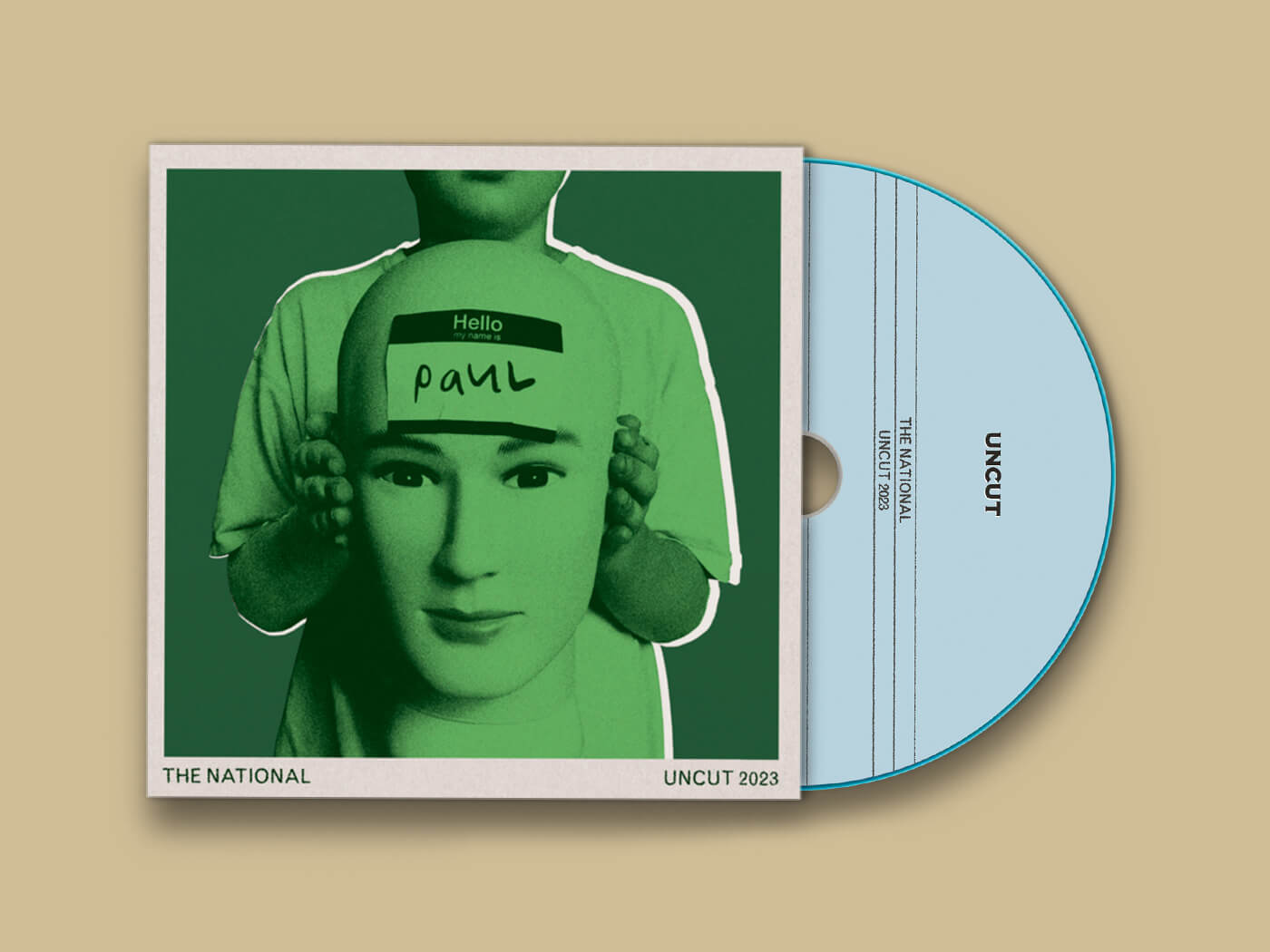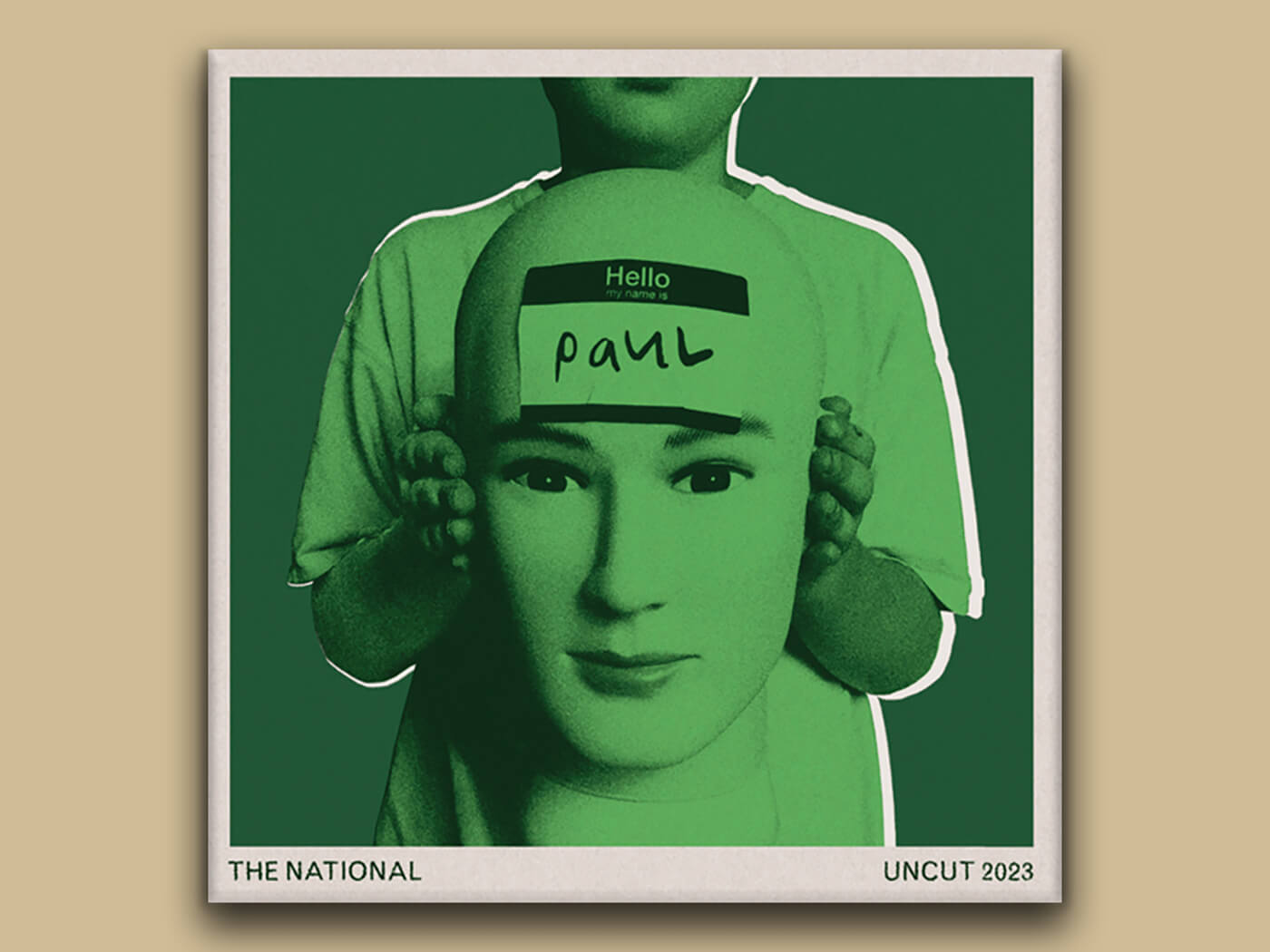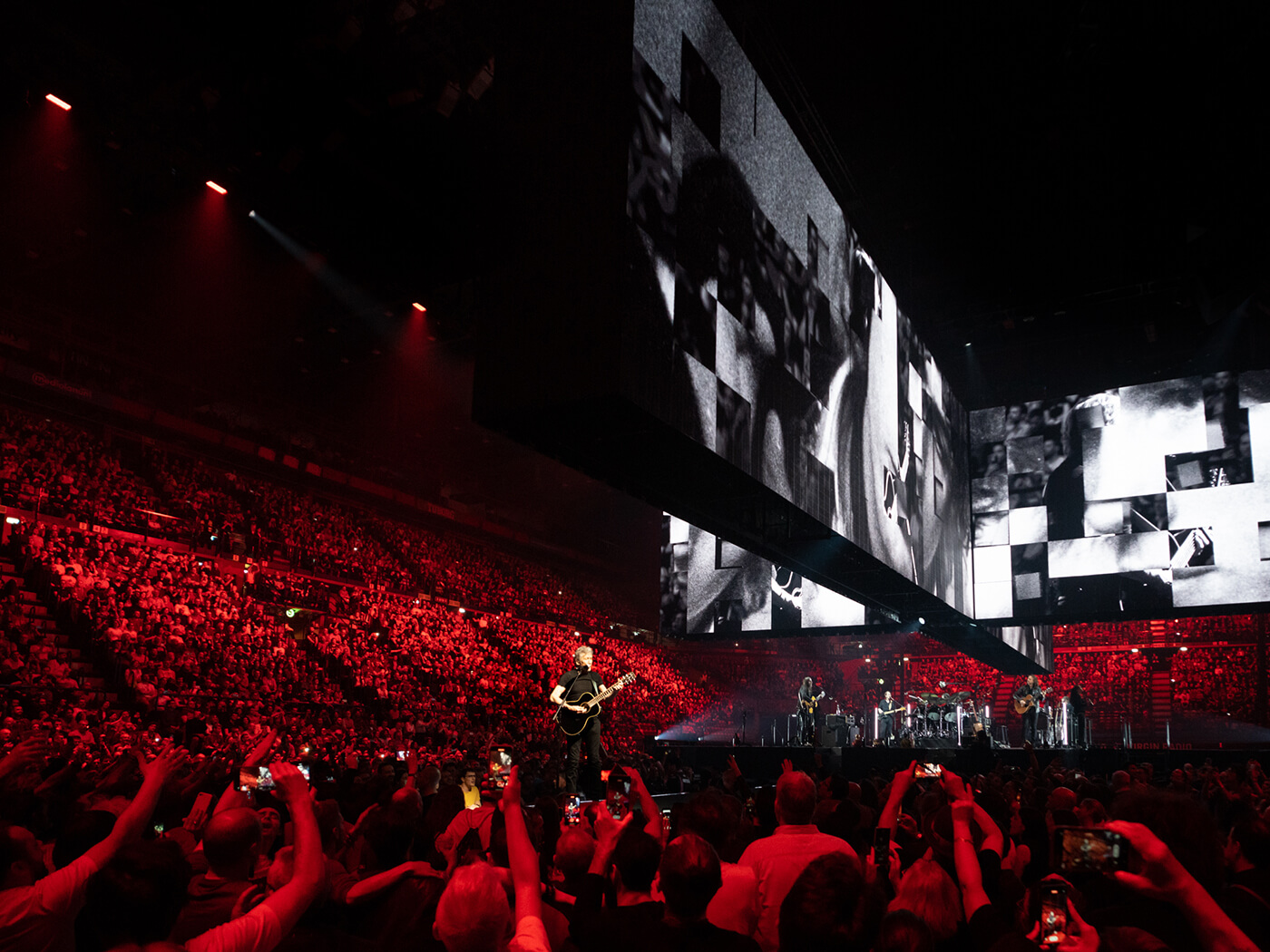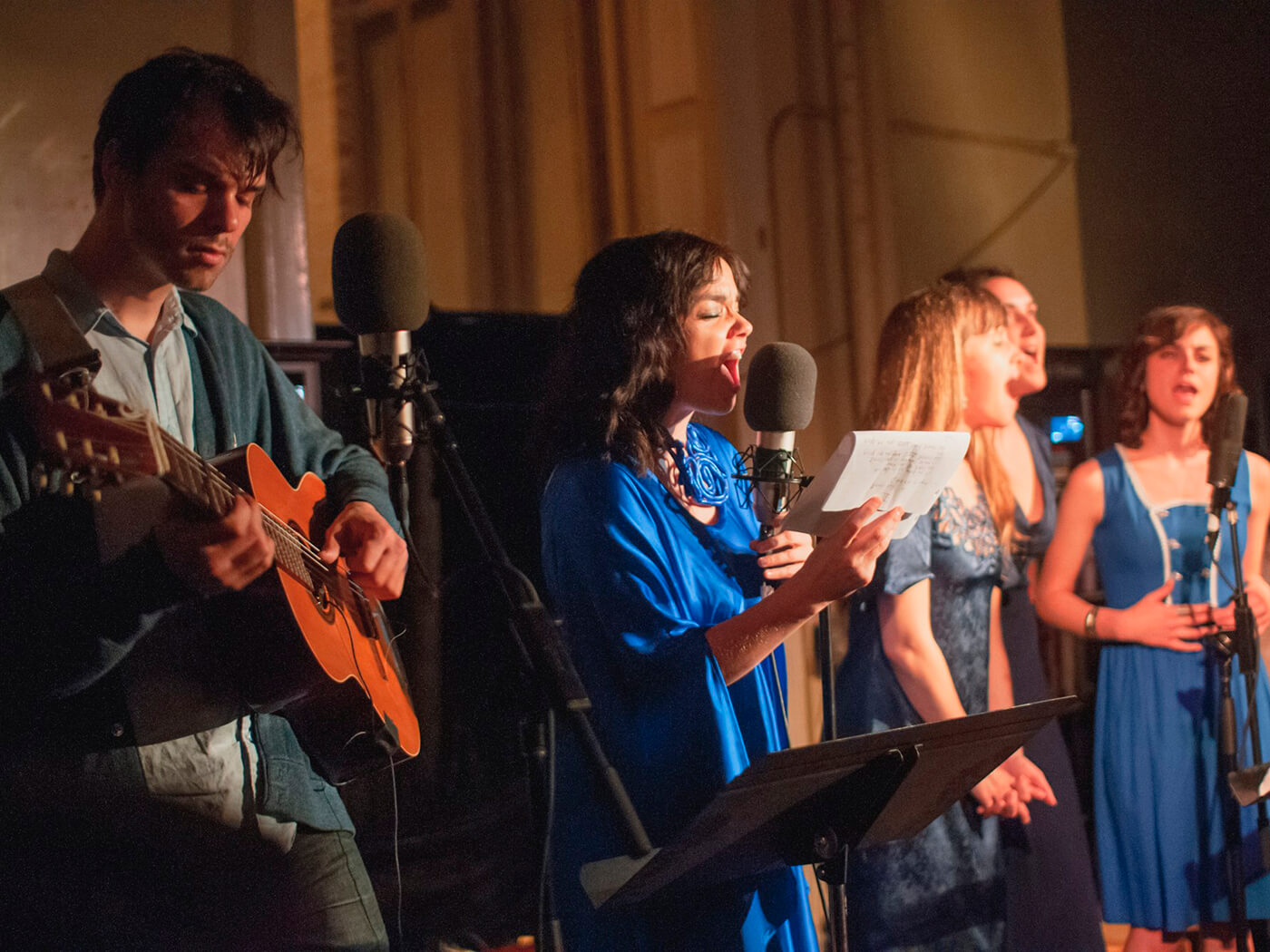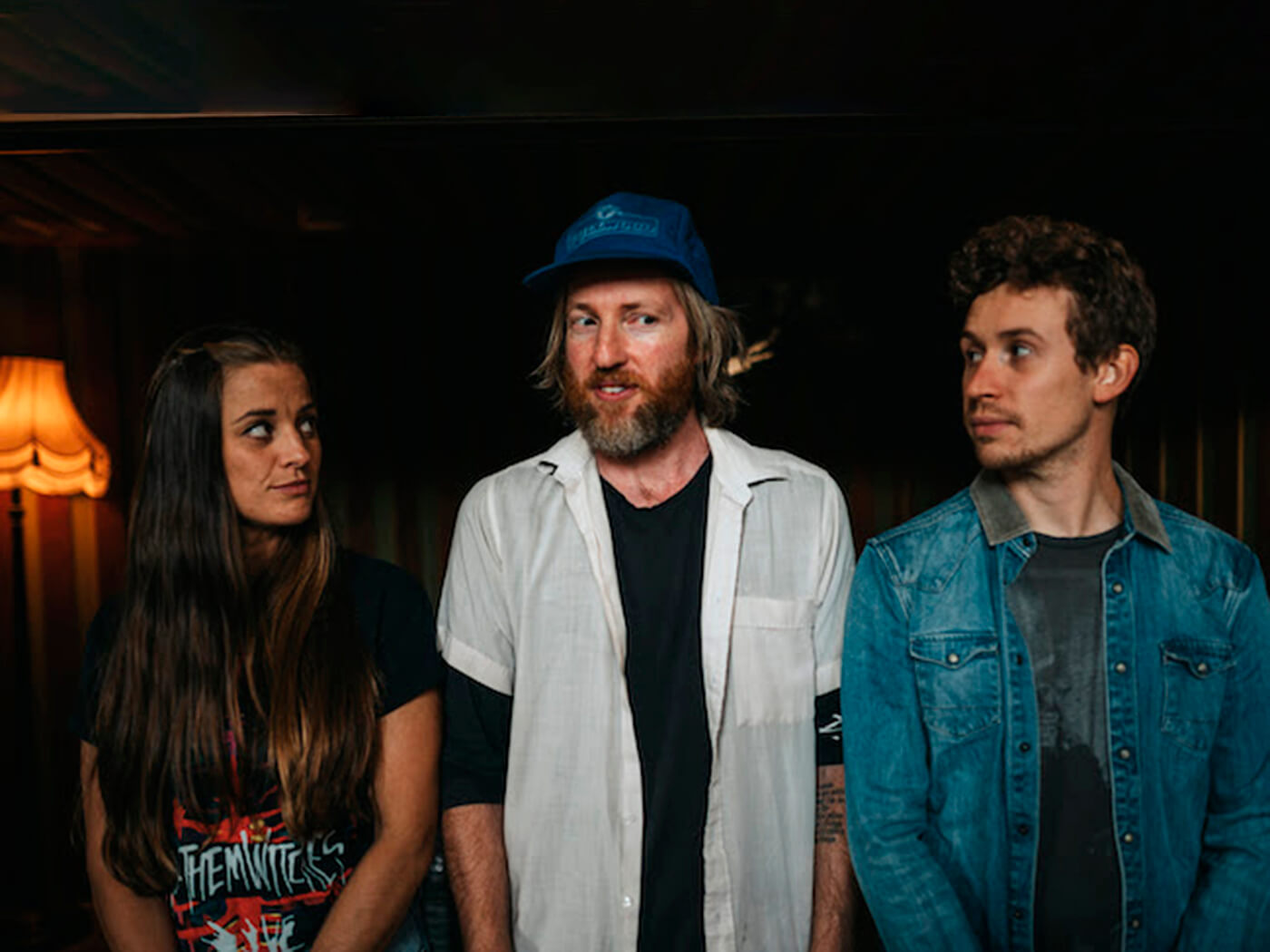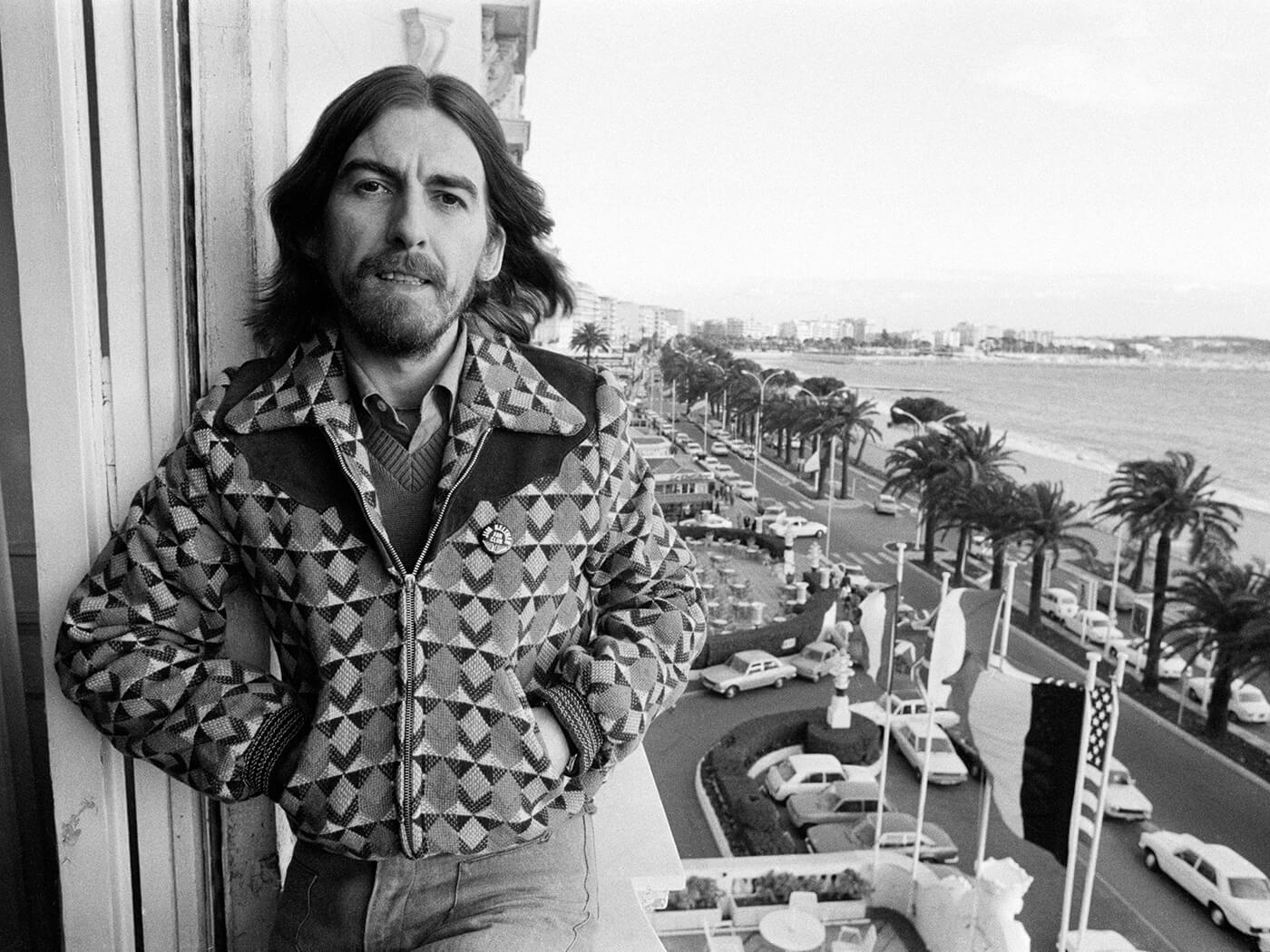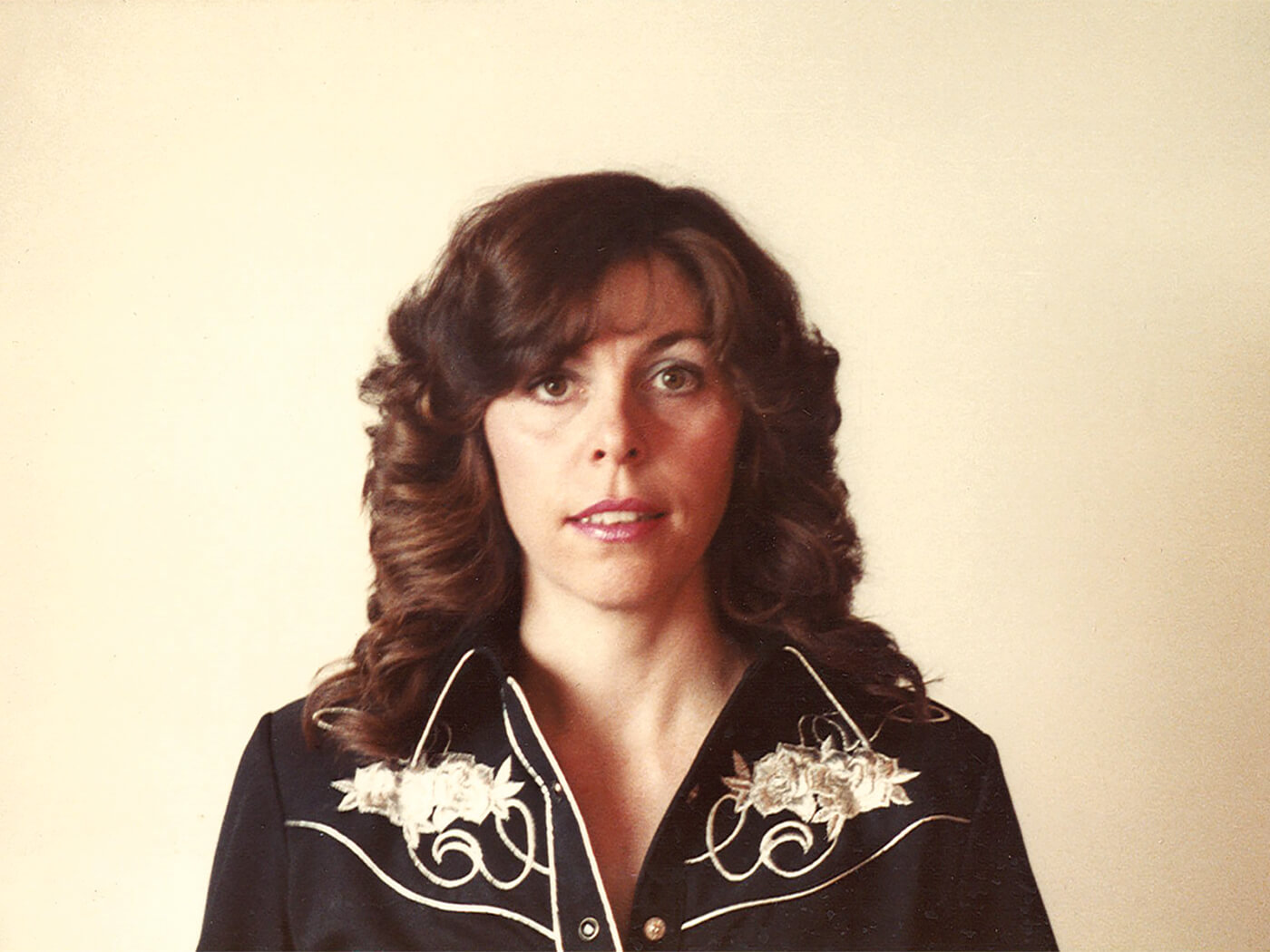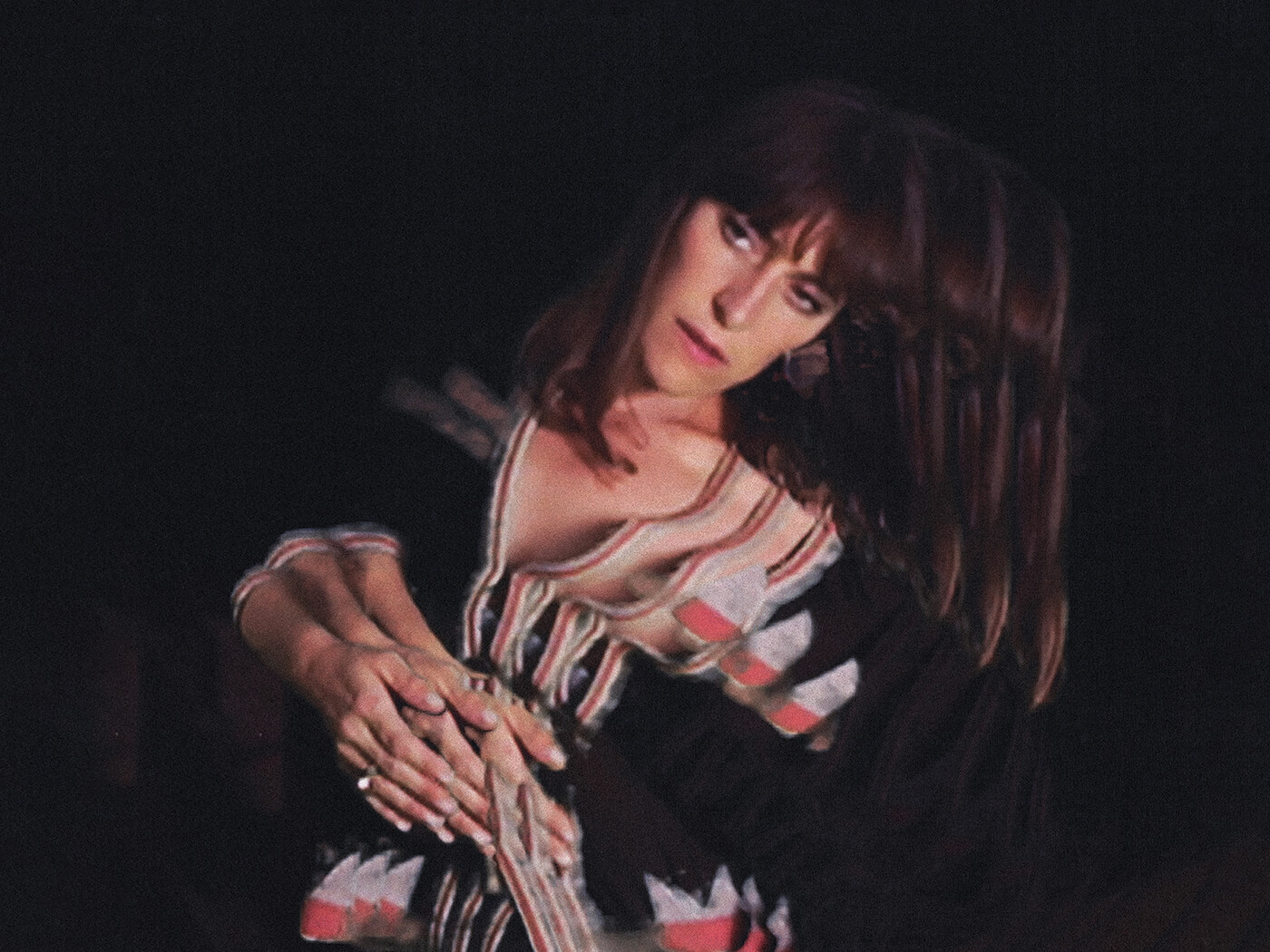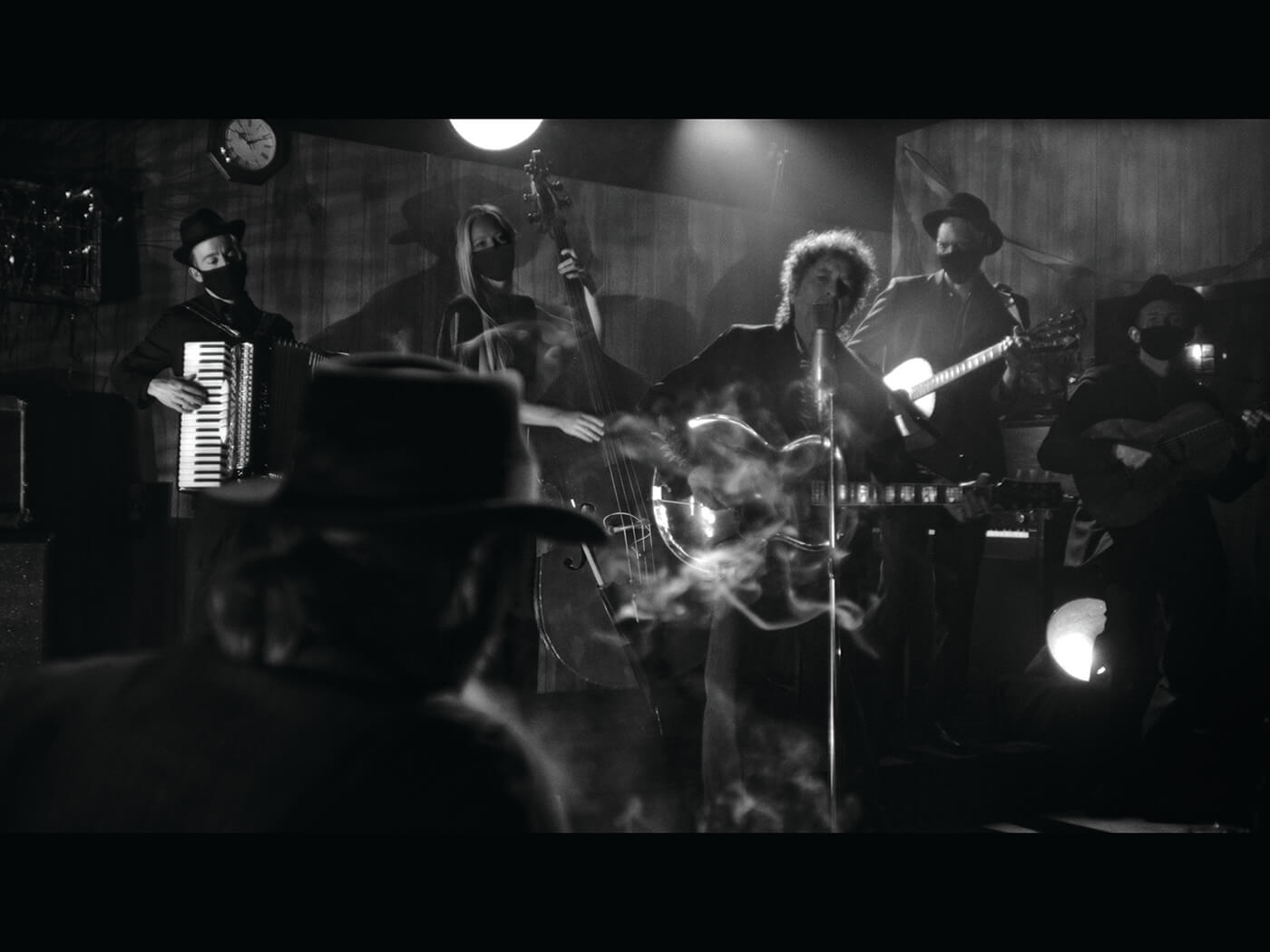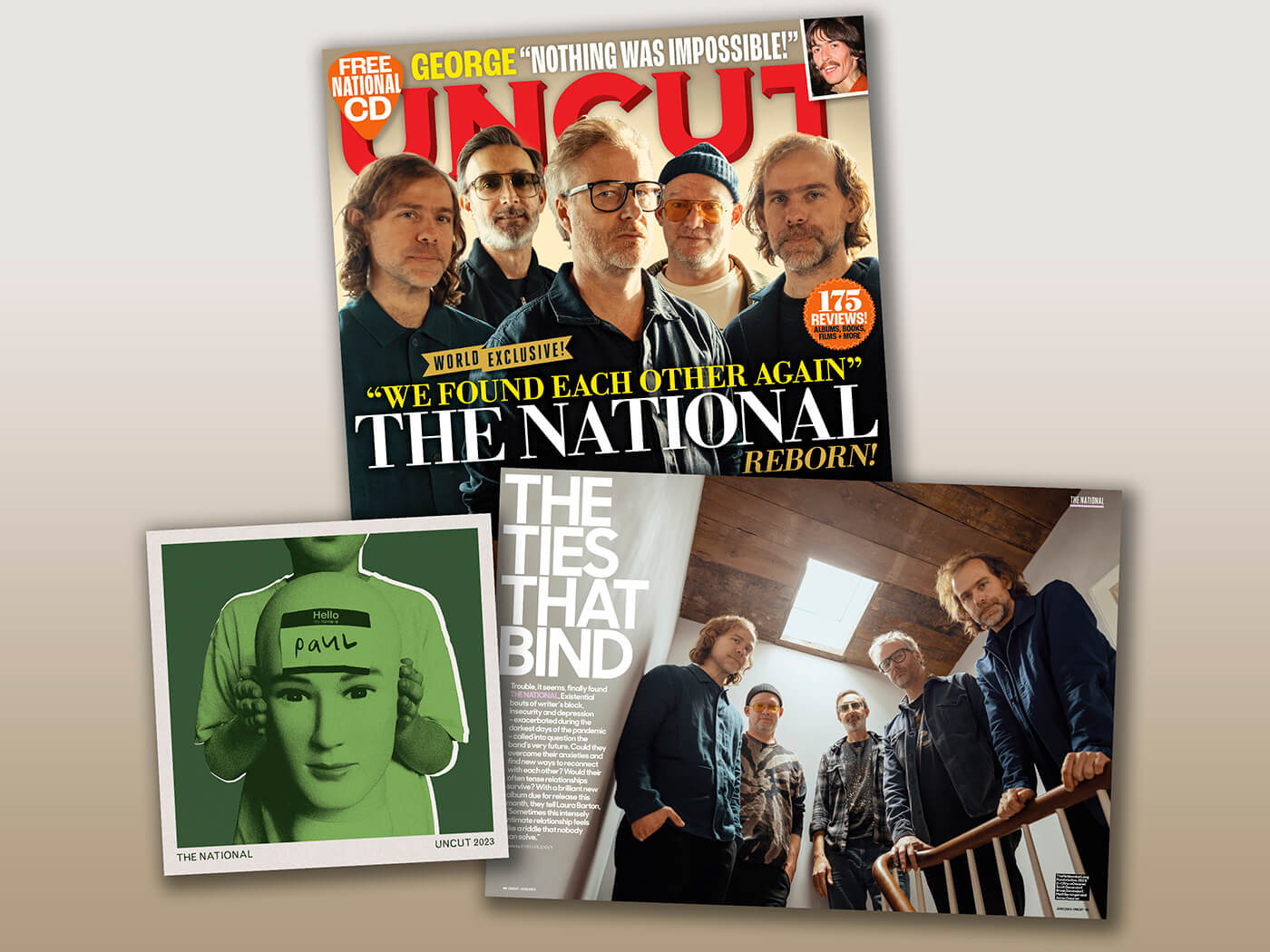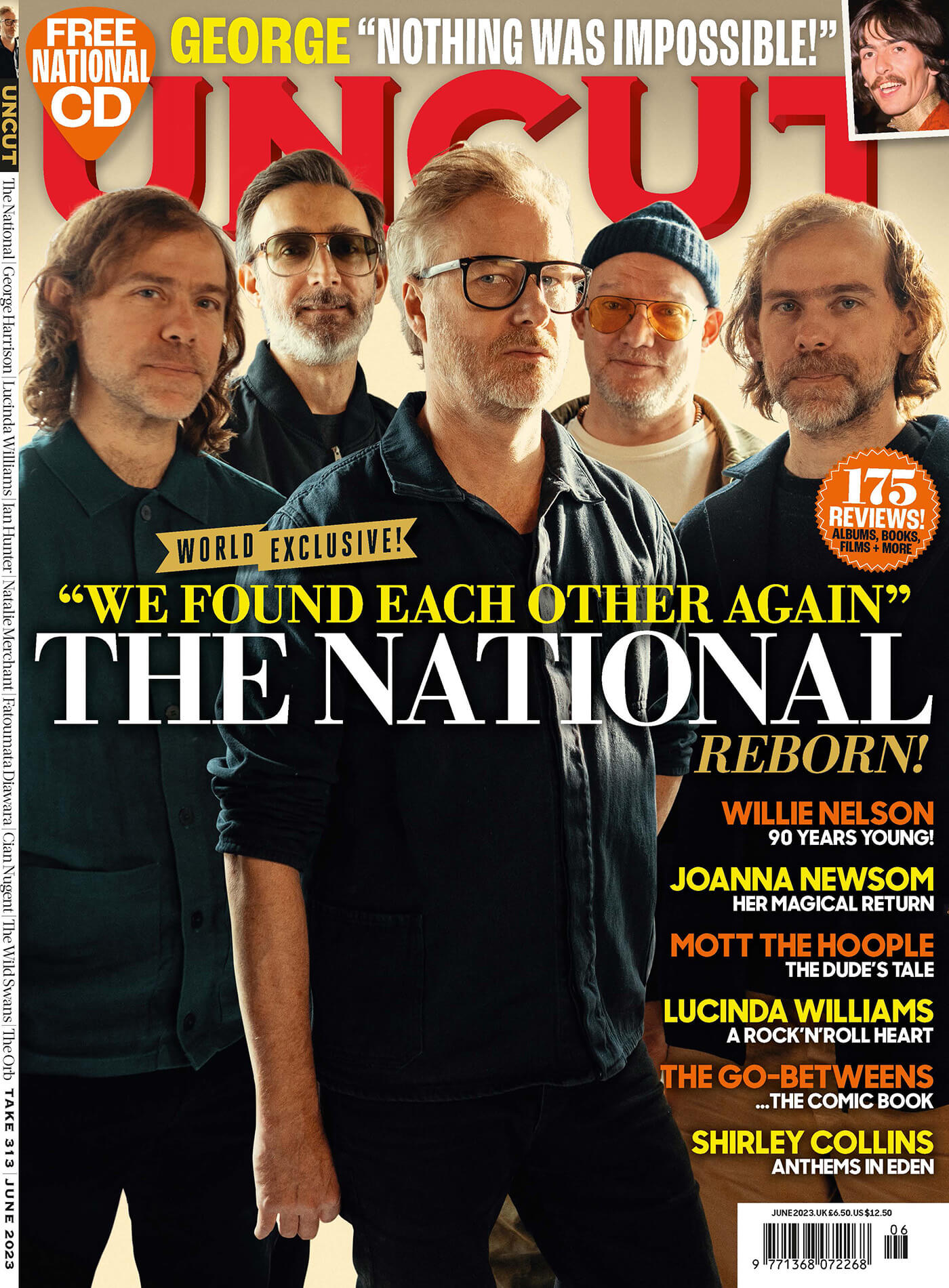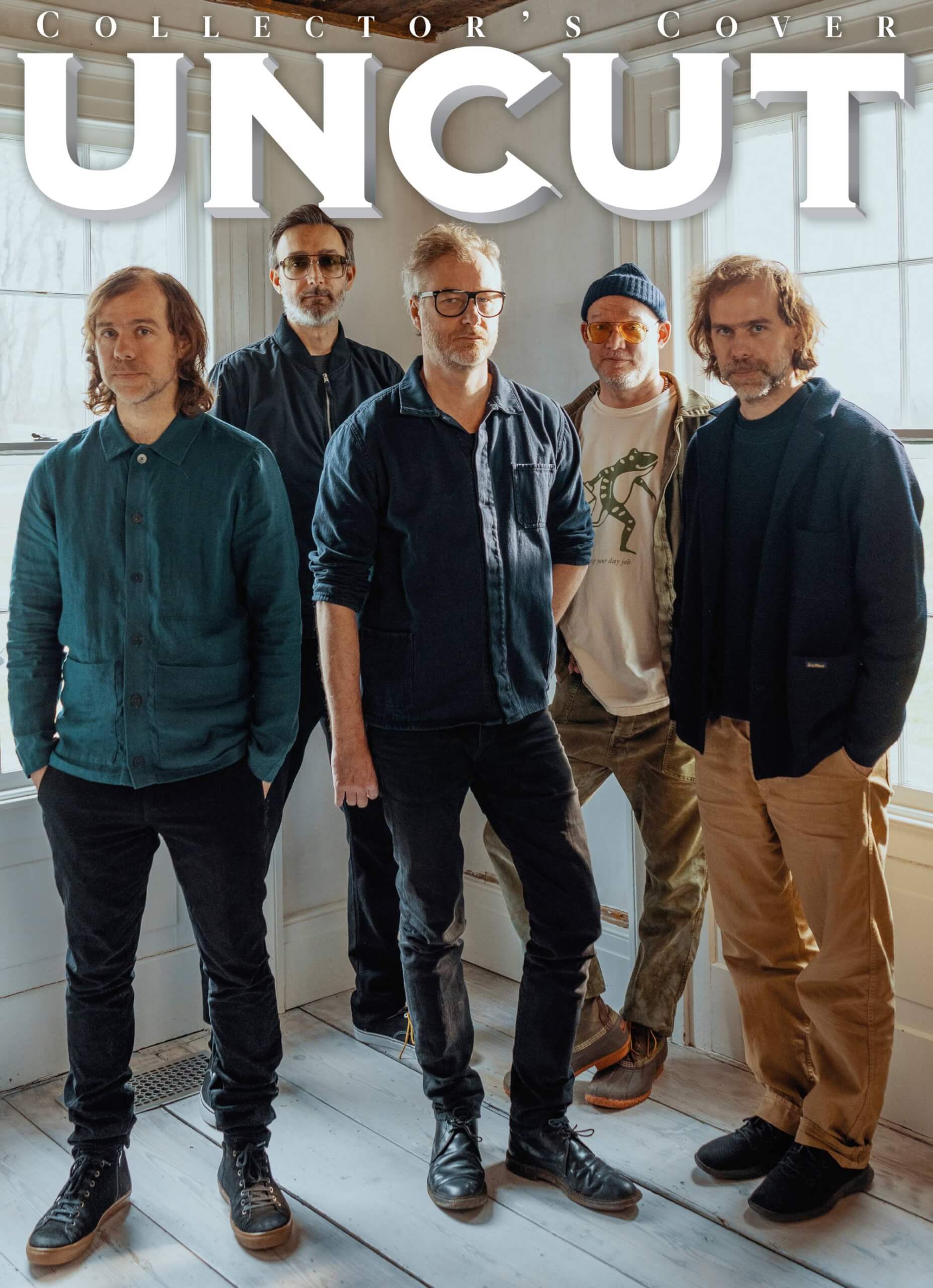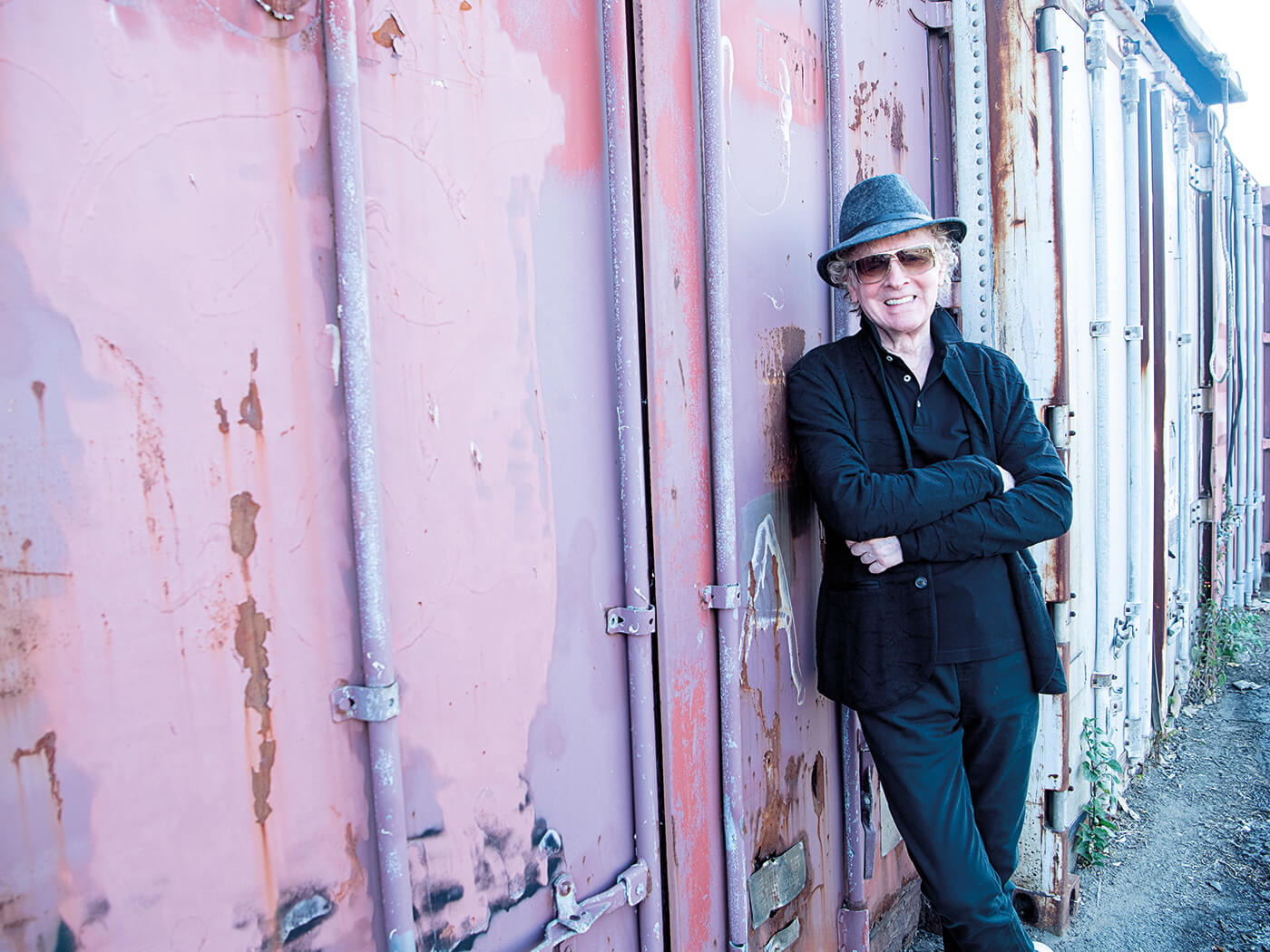Three years ago, a stroke left medical professionals wondering whether Lucinda Williams would ever walk again. With dogged resilience, however, she returns this spring with her long-awaited memoir and her 16th album – whose guests include Bruce Springsteen, Margo Price and Angel Olsen.
You wouldn’t consider it today, fresh from a triumphant European tour, but two years ago it seemed like Williams might never walk or pick up a guitar again. Back in November 2020, her partner Tom Oversby found her collapsed on the bathroom floor of their Nashville home. He rushed her to Vanderbilt Medical Centre where medics discovered a blood clot on the right side of her brain. The stroke affected the motor skills along the left half of her body; only timely intervention and the long, arduous process of rehab prevented more lasting and profound disability.
“It was kind of biblical, really,” she laughs now, recalling the shocking events of that year. “We’d been staying so much in Nashville while we were on tour it made sense to buy a place there. A couple of weeks after we closed on the house a tornado hit and took off part of the roof and blew up the porch. A few weeks after that, the pandemic came along. And then, just before Thanksgiving, I had my stroke…”
Thirty-five years on, 2023 is witnessing the prime of Lucinda Williams. Her new record, Stories From A Rock N Roll Heart, featuring guest appearances from Bruce Springsteen and Patti Scialfa, Jesse Malin and the Replacements’ Tommy Stinson, Margo Price and Angel Olsen, is a triumph – the kind of defiant, unabashed rock album only Williams’ could make.
Equally, her new memoir, Don’t Tell Anybody The Secrets I Told You, sees the full flowering of the prose writer her lyrics always hinted at. There’s a remarkable honesty to it. At times it is painful – such as when she’s reckoning with generational abuse and neglect, mental illness and destructive relationships – and occasionally hilarious, when recalling her freewheeling teens and ill-starred romantic dalliances.
Lucinda’s book chronicles a messy, peripatetic life of hotel rooms and troubled romance, a longstanding obsession with the “poet on a motorcycle” archetype and a motley crew of stupendously unworthy ne-’er-do-wells.
Most significantly, after decades of sexist reviews and features, the book allows Lucinda to tell her story, her way. A 1997 New York Times Magazine profile about the laborious recording of Car Wheels… that presented her as a perfectionist control freak still rankles. “It was pretty crazy,” she concedes. “It had been five years since my last record, but I remember specifically John Fogerty taking 11 years or so between albums, and not one word was said about it! It’s something I’ve never lived down, that whole perfectionism thing. It was so satisfying to put the record straight.”
Stories From A Rock N Roll Heart is released by Thirty Tigers on April 30; Don’t Tell Anybody The Secrets I Told You is published by Simon & Schuster on April 27




